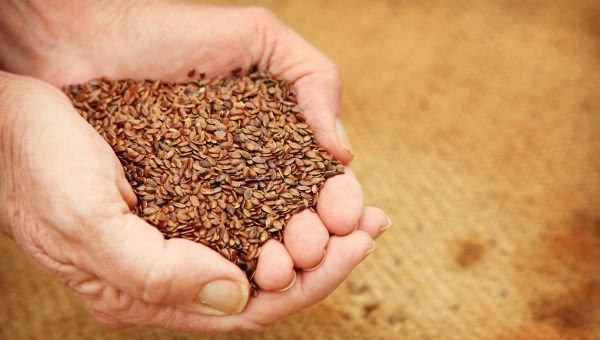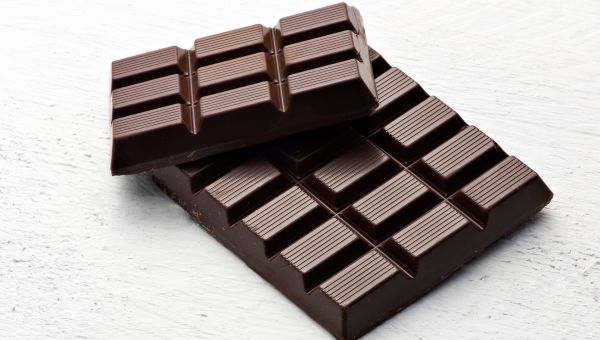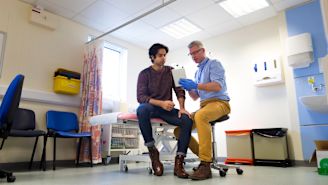5 tips to help keep your heart healthy
Updated on April 13, 2022

There are many things you can do to support your heart health, including eating a wide range of fruits and vegetables and whole grains (while limiting salt, added sugars, alcohol, and saturated fats), getting regular exercise, maintaining a healthy weight, managing your cholesterol and blood pressure, and not smoking. But there are some other things you can do to help ward off heart disease, according to cardiologists. Learn more about what these heart specialists recommend to protect your long-term health.

Try dark chocolate if you're looking for something sweet
Dark chocolate has flavonoids in it. Flavonoids are powerful antioxidants that protect us from toxins that are created in our bodies. Dark chocolate also helps dilate your blood vessels, can lower your blood pressure, makes your blood less sticky so you don’t clot as much, and can lower levels of HDL (aka "bad" cholesterol). But the science has shown that it’s hard, dark chocolate that offers these potential benefits. You don’t want to pour melted dark chocolate on a marshmallow. That’s defeating the purpose. A small amount of those little dark chocolate squares, that’s what’s good for you.
—Randy P. Martin, MD, Cardiology, Piedmont Heart Institute

If you're in a healthy relationship, nurture emotional and physical intimacy
Having sex boosts the immune system, decreases inflammation, and helps us in maintaining healthy and loving relationships. If you’ve had heart disease or you’re trying to prevent heart disease, I will tell you that having regular sex with a loving partner is part of the deal.
—Suzanne Steinbaum, DO, Cardiology
(Just be sure to check with your healthcare provider before resuming sex if you've been treated for heart disease.)

Take steps to manage stress
Stress is really bad for your heart. It has direct toxic effects on our hearts because when we get stressed we release the stress hormones adrenaline and cortisol. Those cause our heart rate to go up, our blood pressure to go up, our body becomes inflamed, inflammation goes up, and our blood becomes thick and sticky. All of those things together cause a perfect storm for a heart attack. Stress also causes indirect problems. When we’re stressed we tend to exercise less, we tend to grab comfort foods and overeat, and we also try to self-medicate by drinking and smoking. So the direct and indirect effects are what really take a toll on our heart.
—John M. Kennedy, MD, Cardiology

Find ways to add flaxseed to your diet
Flaxseed has been shown in clinical trials to affect low-density lipoprotein (LDL, aka "bad" cholesterol) and lipoprotein (a), both of which increase the risk for atherosclerotic diseases (aka coronary heart disease). It is also beneficial in reducing blood pressure and inflammation and does not adversely affect HDL (aka "good" cholesterol).
—Mary Ann Mclaughlin, MD, Cardiology, The Mount Sinai Health System

Know the signs of a heart attack
More men are going to present with classic chest pain symptoms. The problem for women is they don’t always present with classic symptoms. What I found in women over 70 years old, their first feature is actually fatigue, then they start having shortness of breath. And then, usually women will start having some chest discomfort, but it may not be the classic pressure. There might be some neck pain, might be arm discomfort, it may be more sharp pain. What you then ask for is the history of fatigue and shortness of breath. If that’s there, you know you have a female with a high likelihood of having coronary disease.
—Thomas Lambert, MD, Cardiology, MountainView Hospital
More On


video

article

slideshow


video


video
